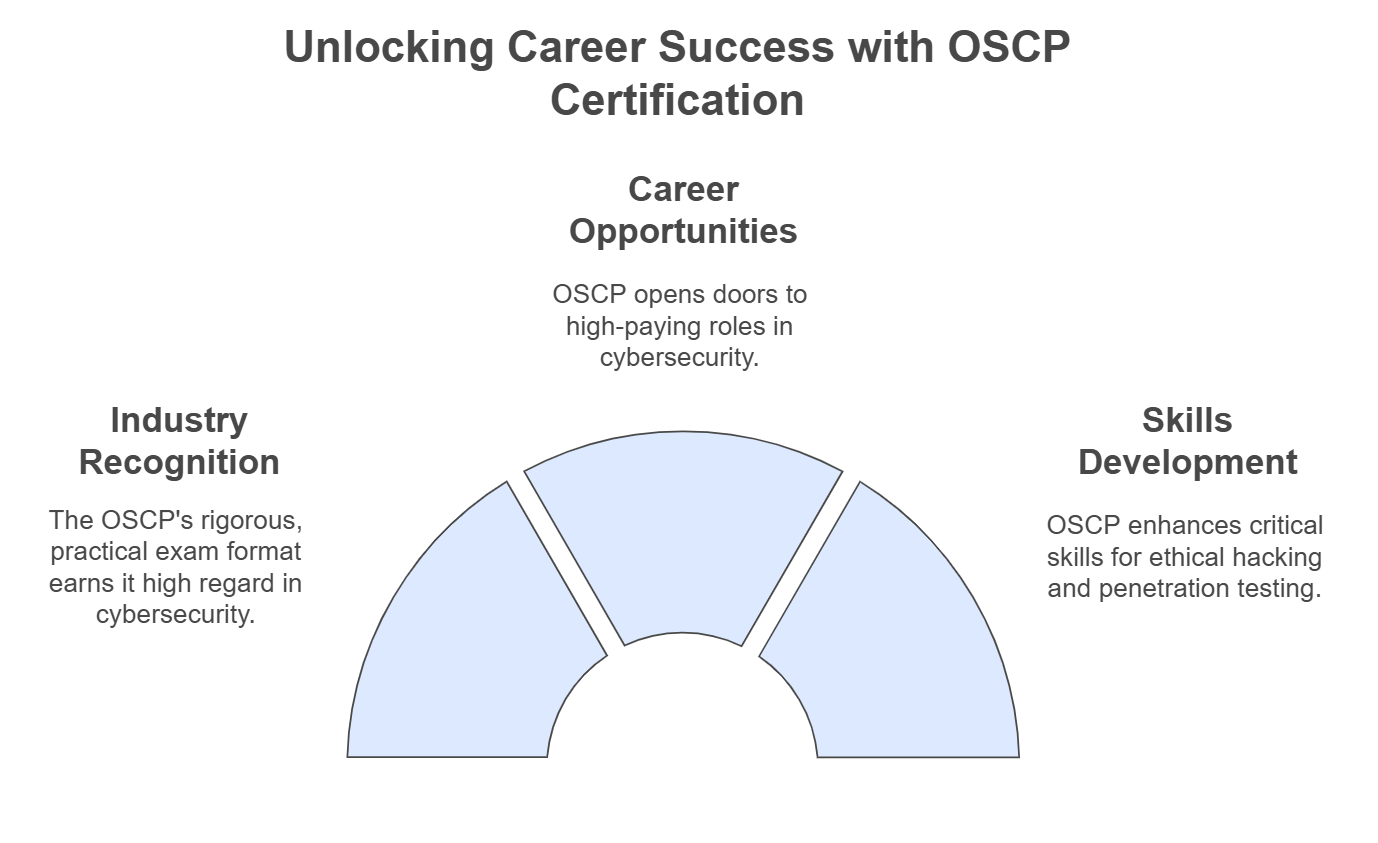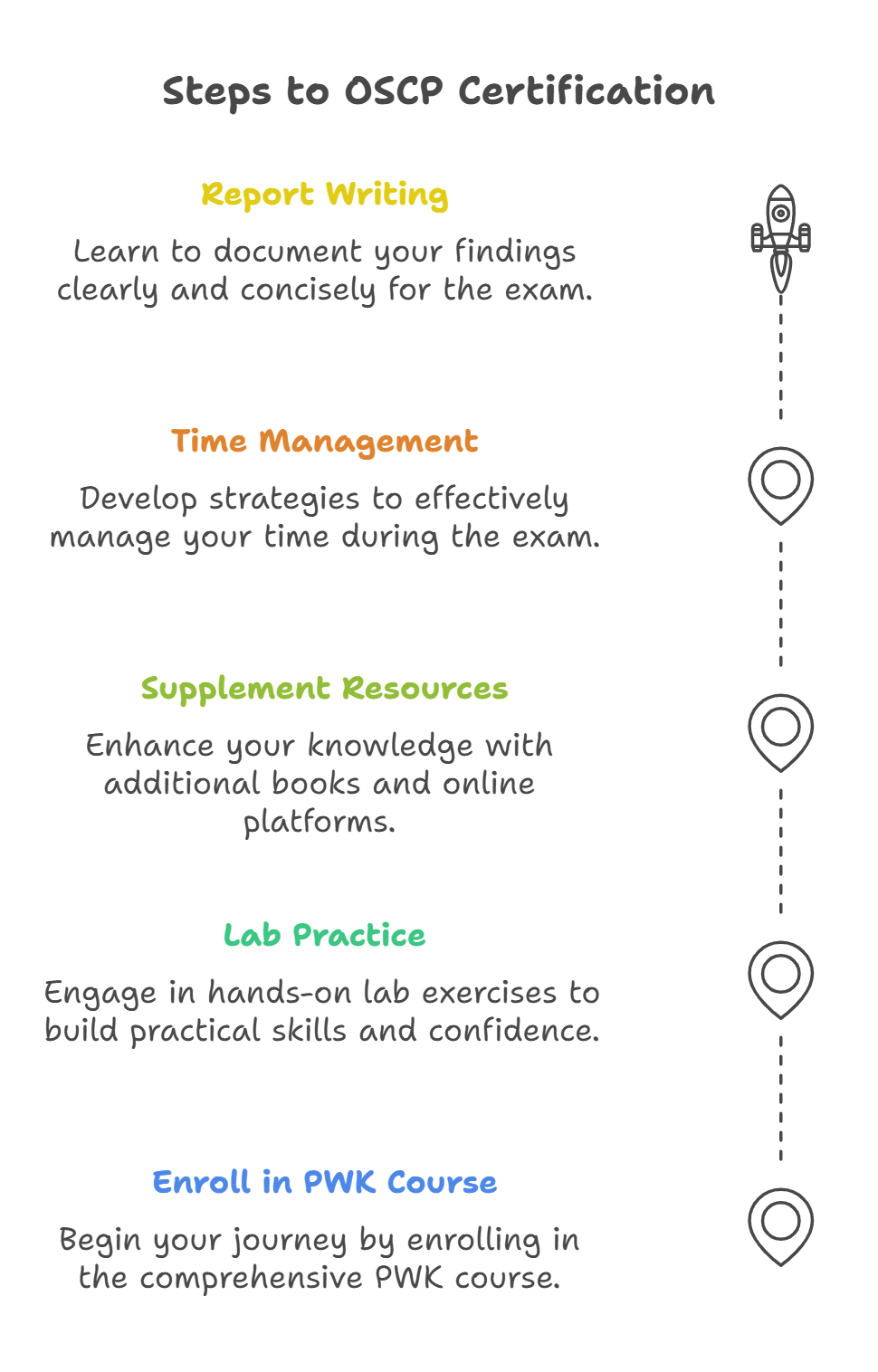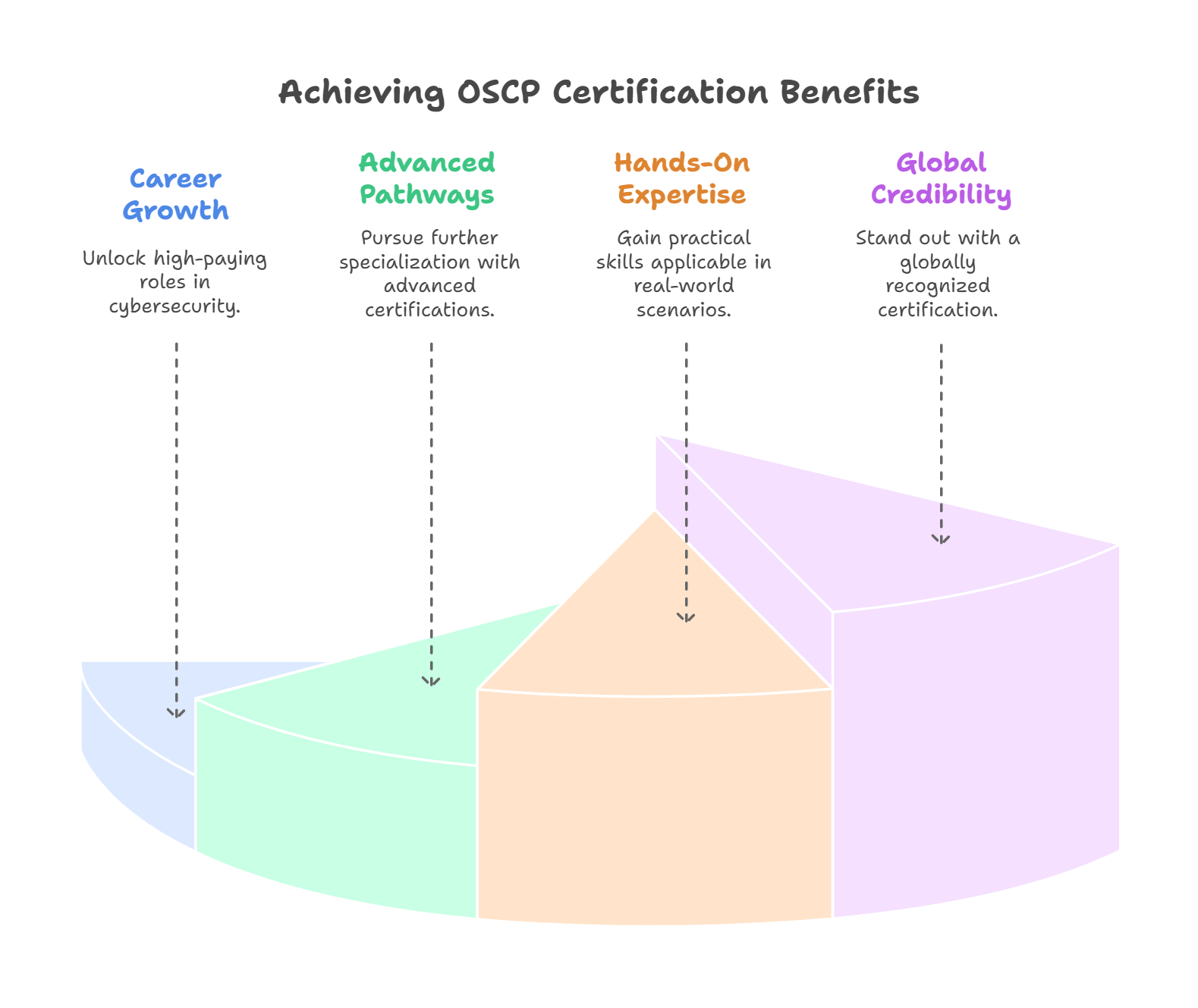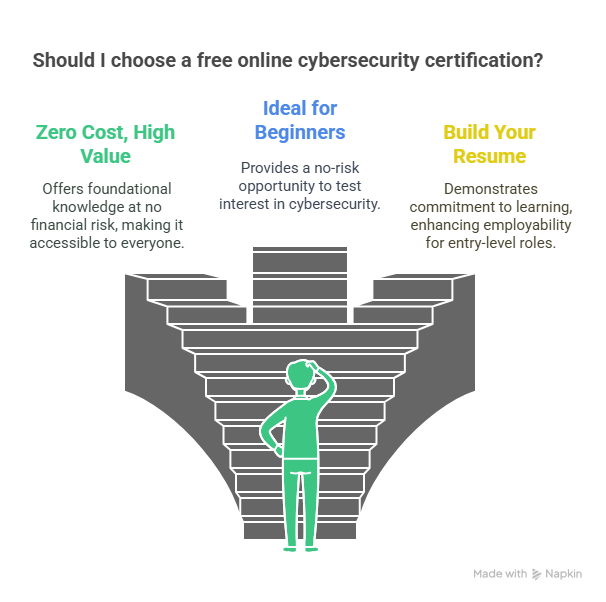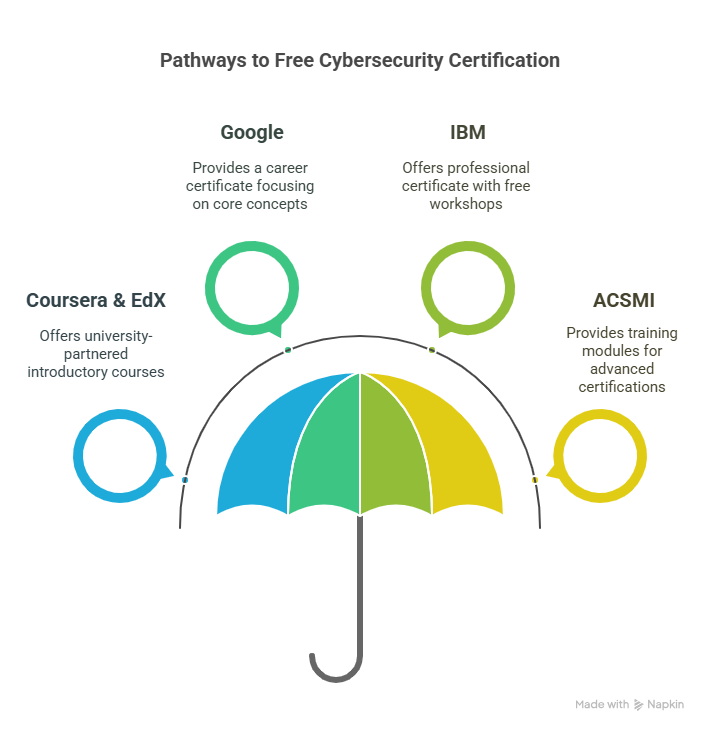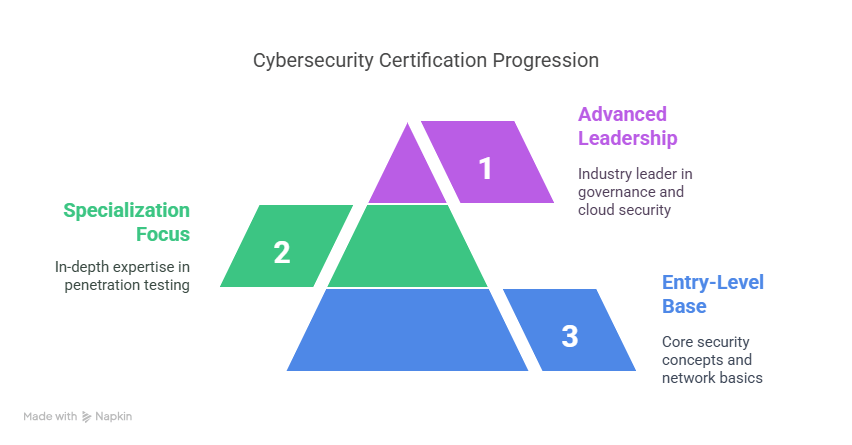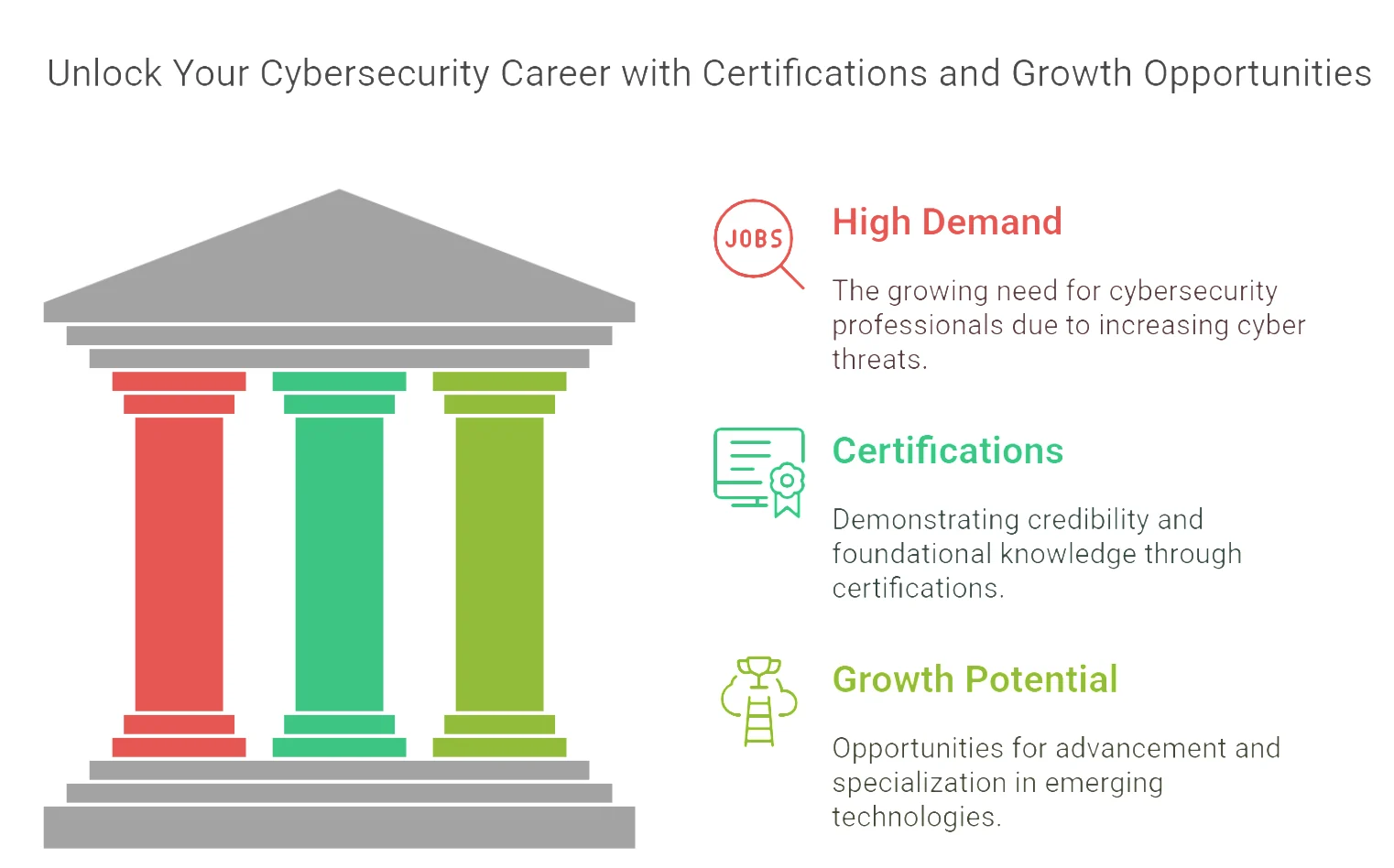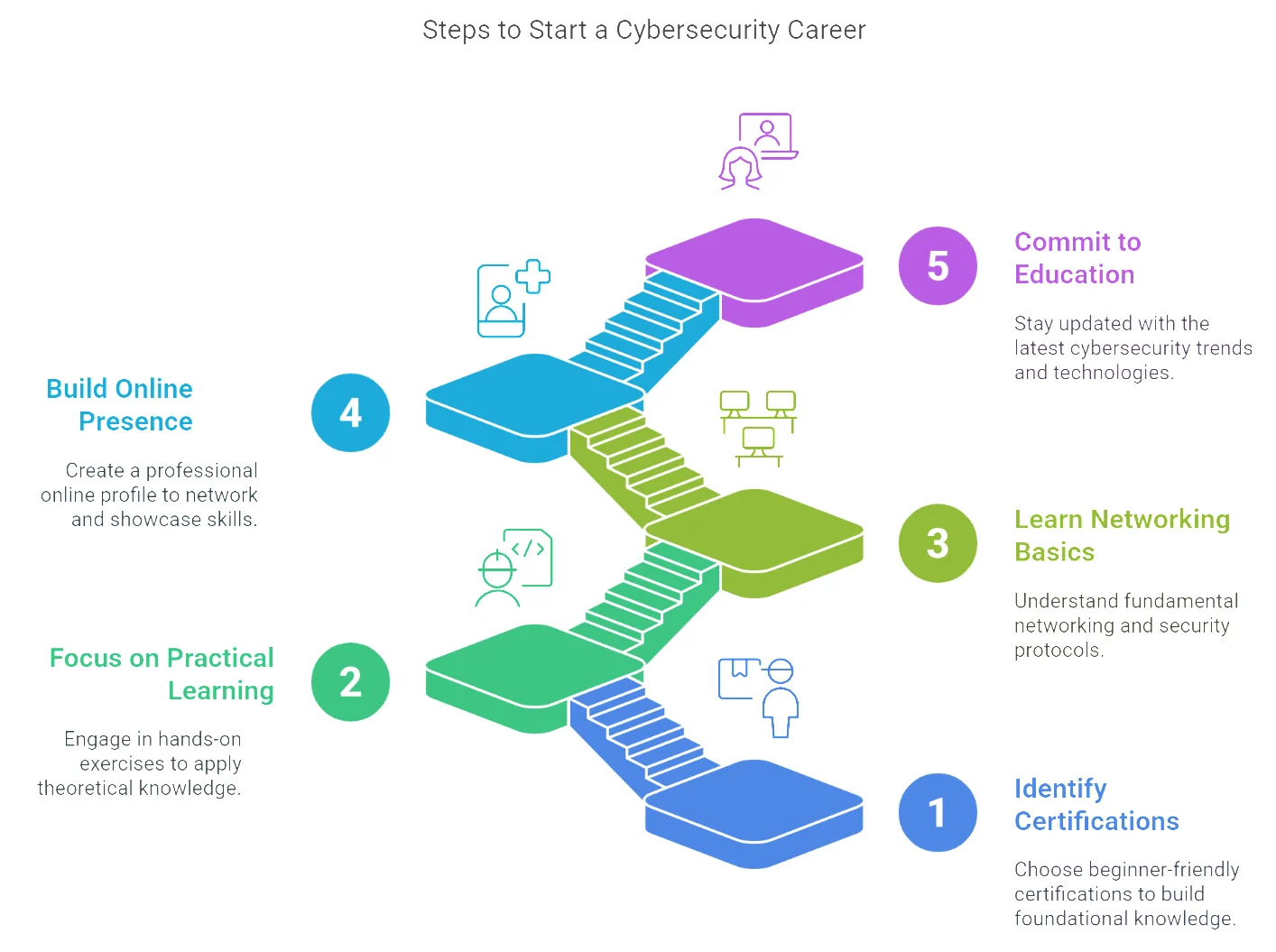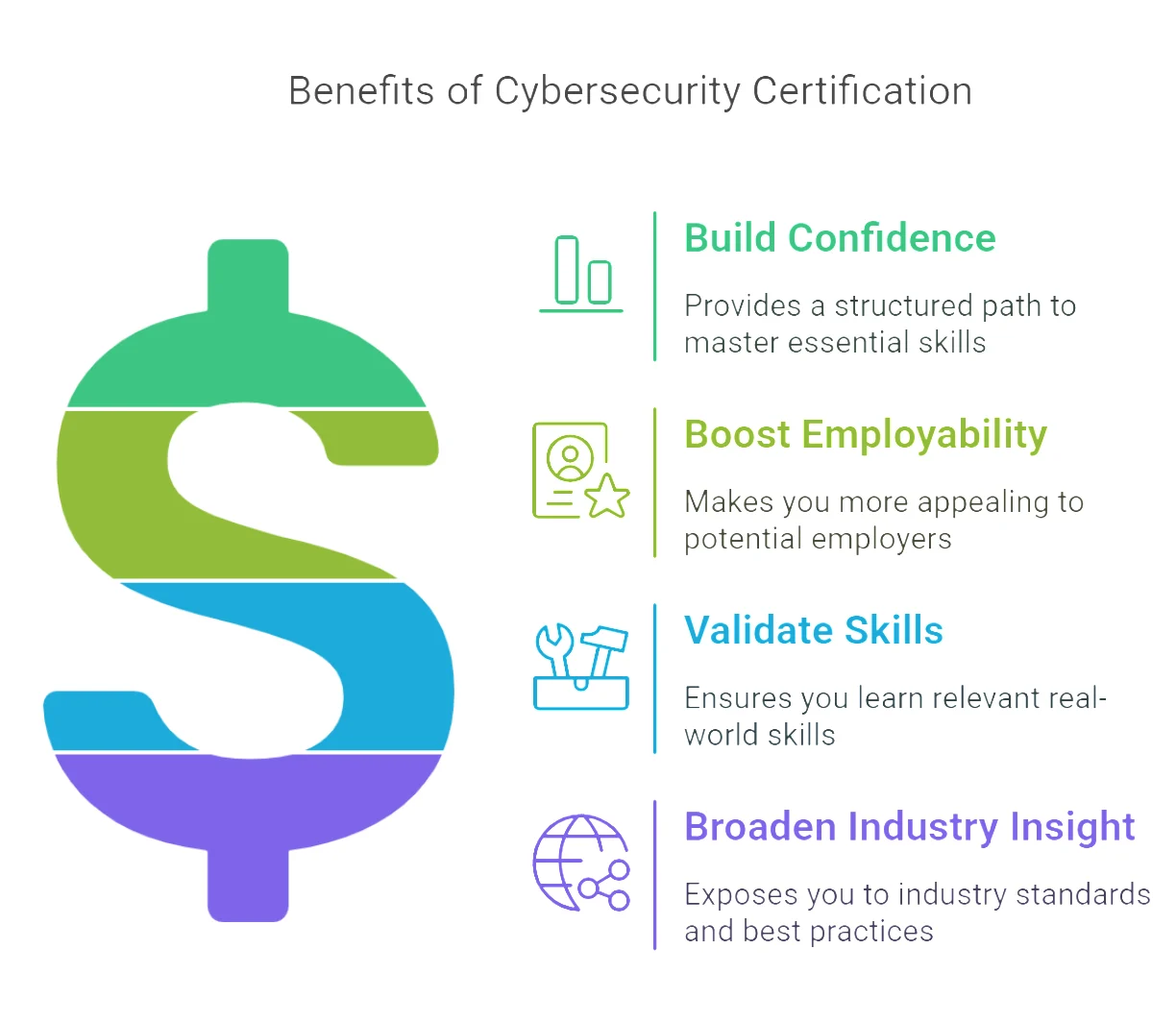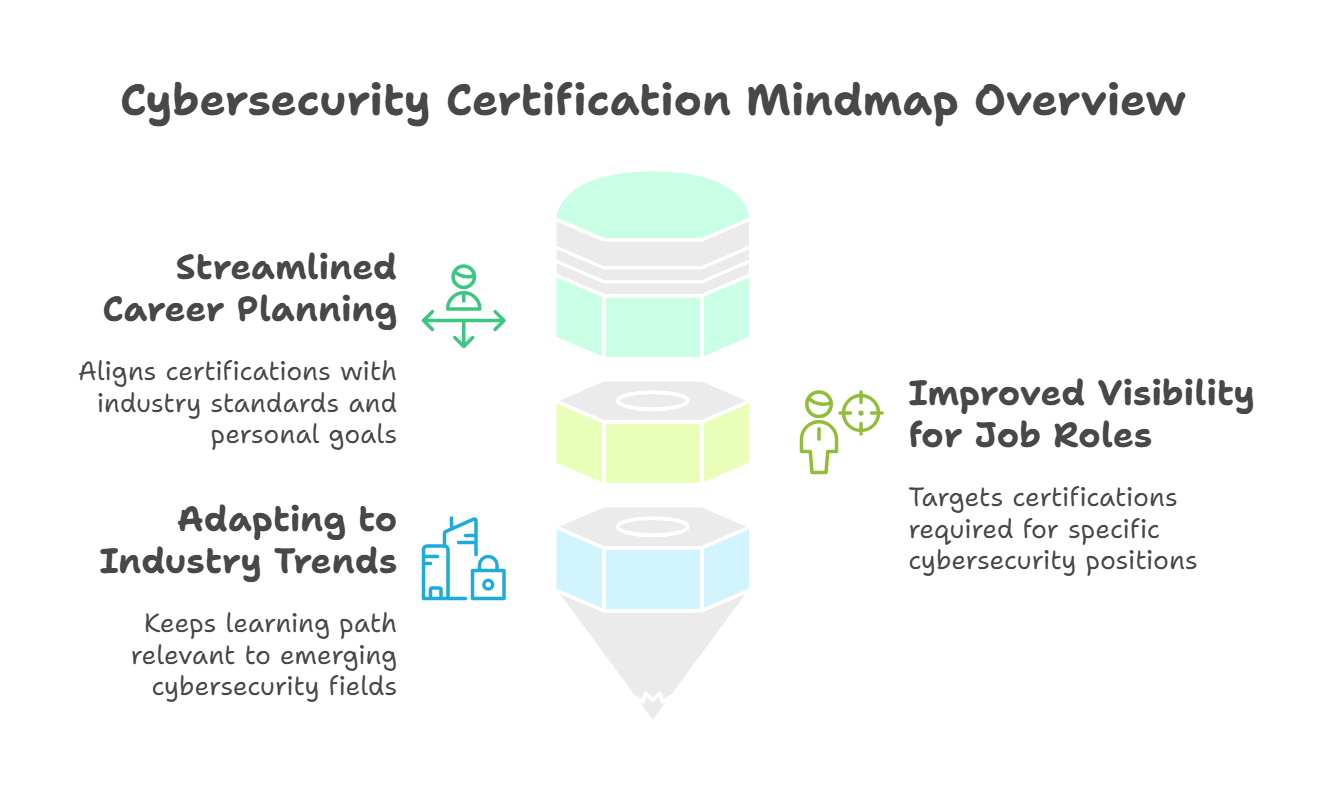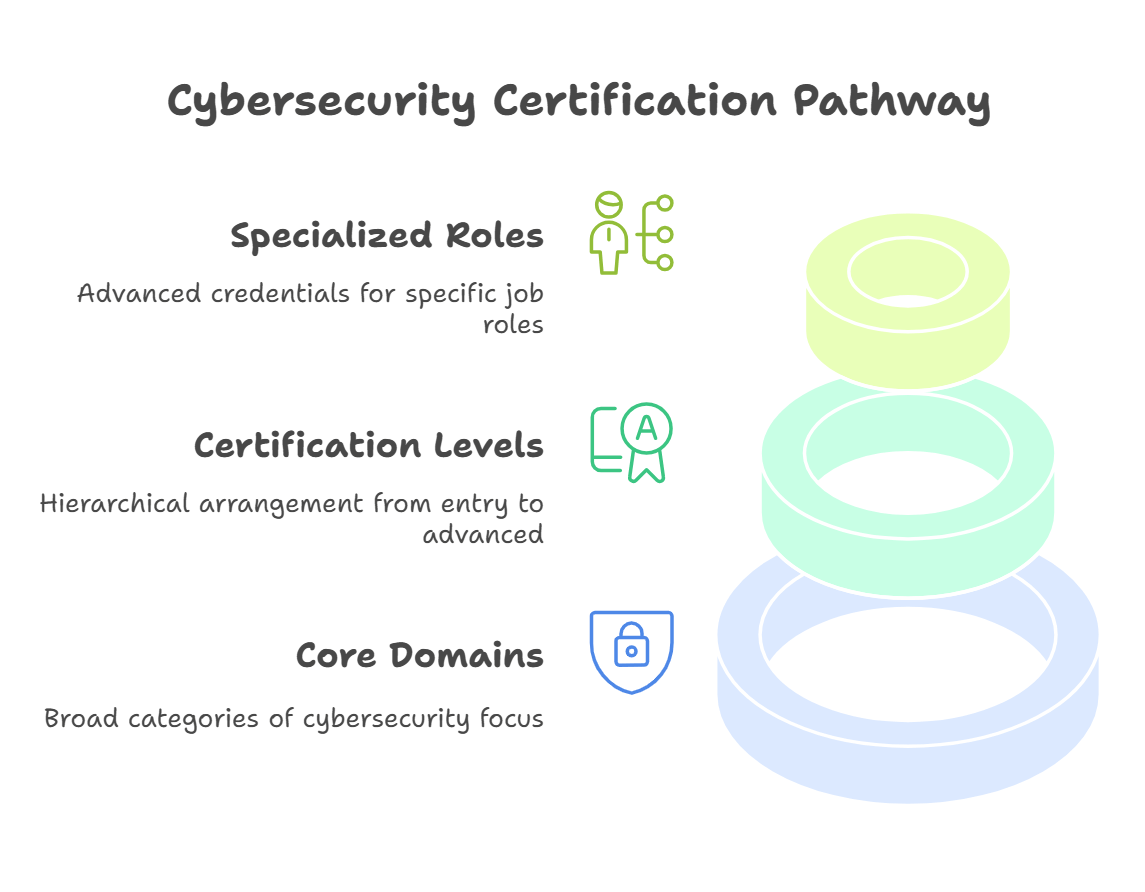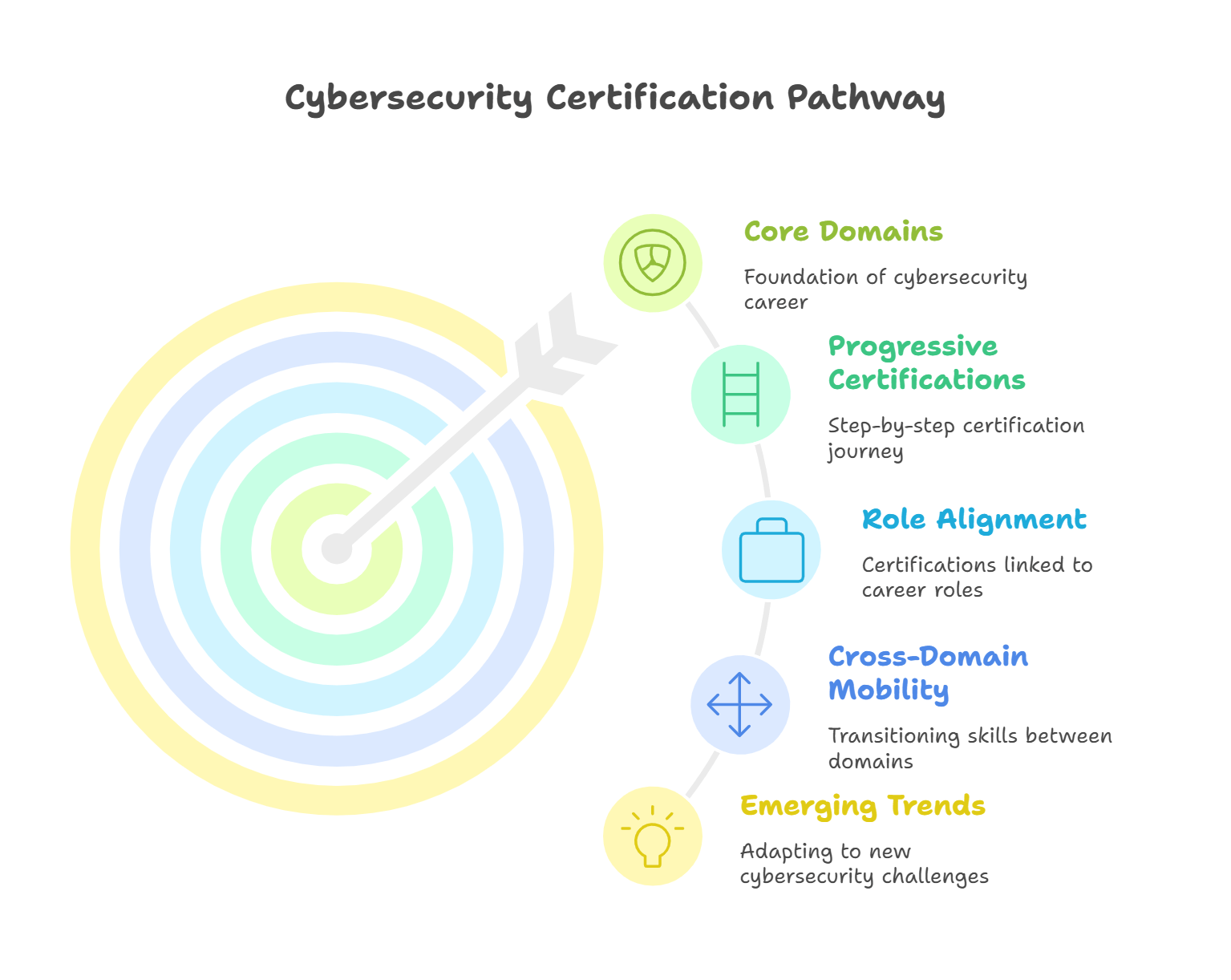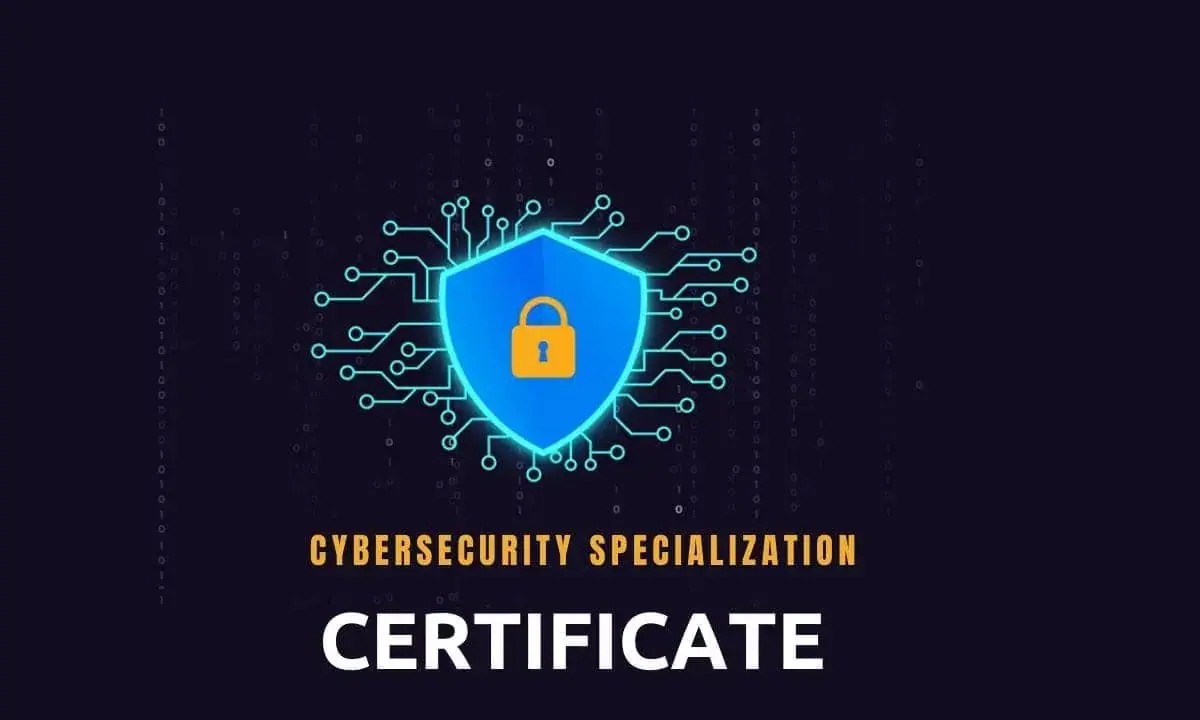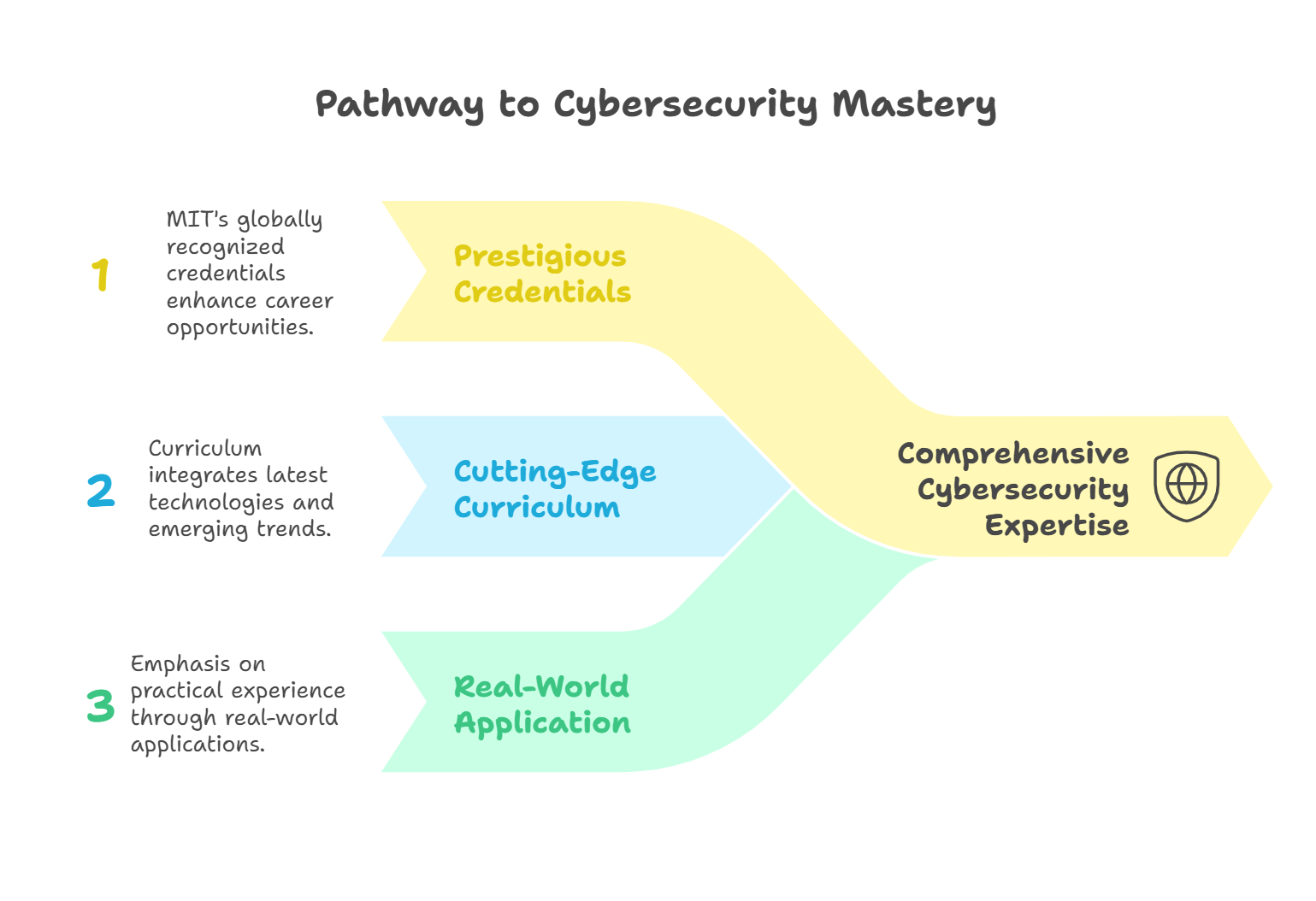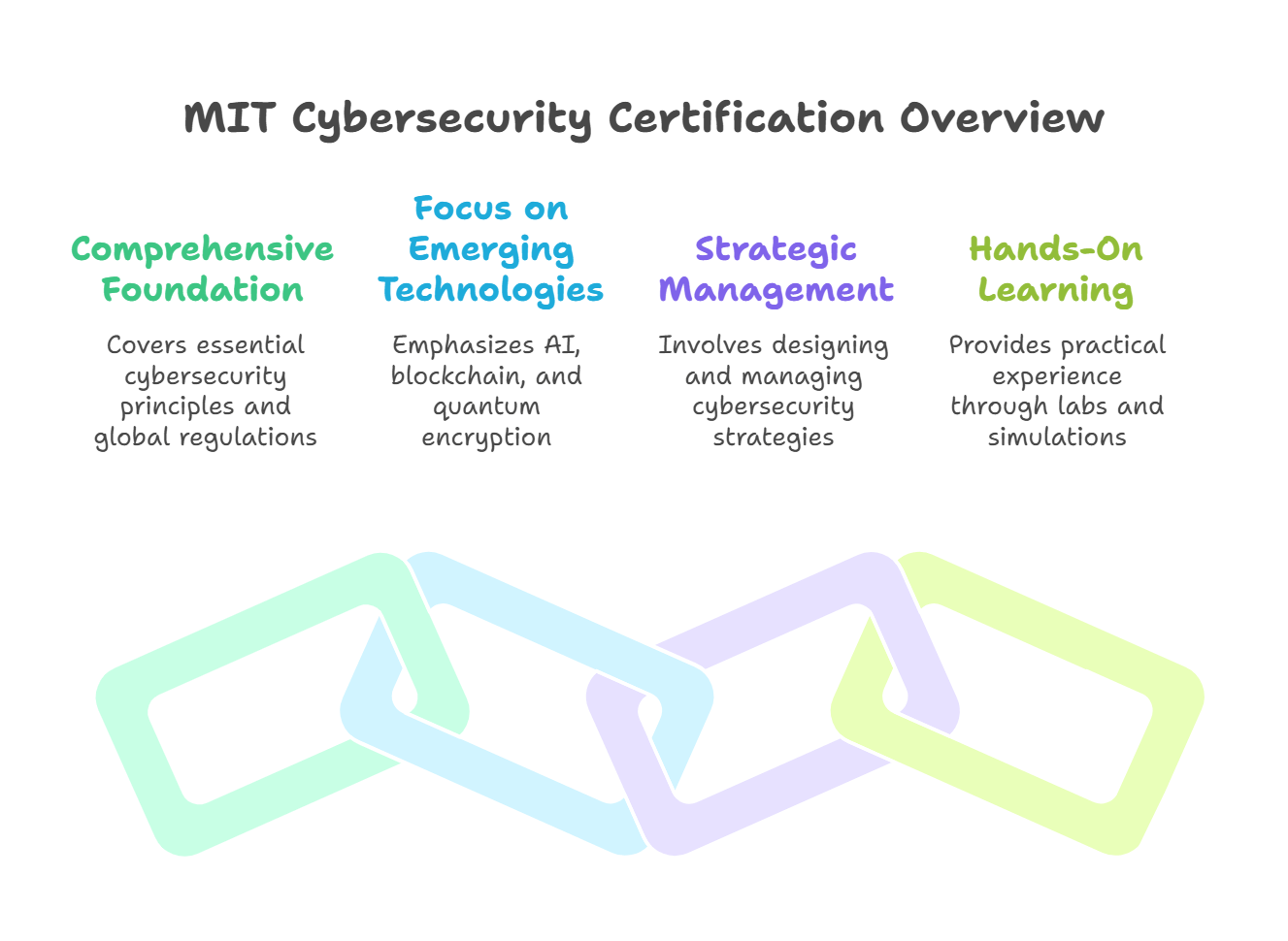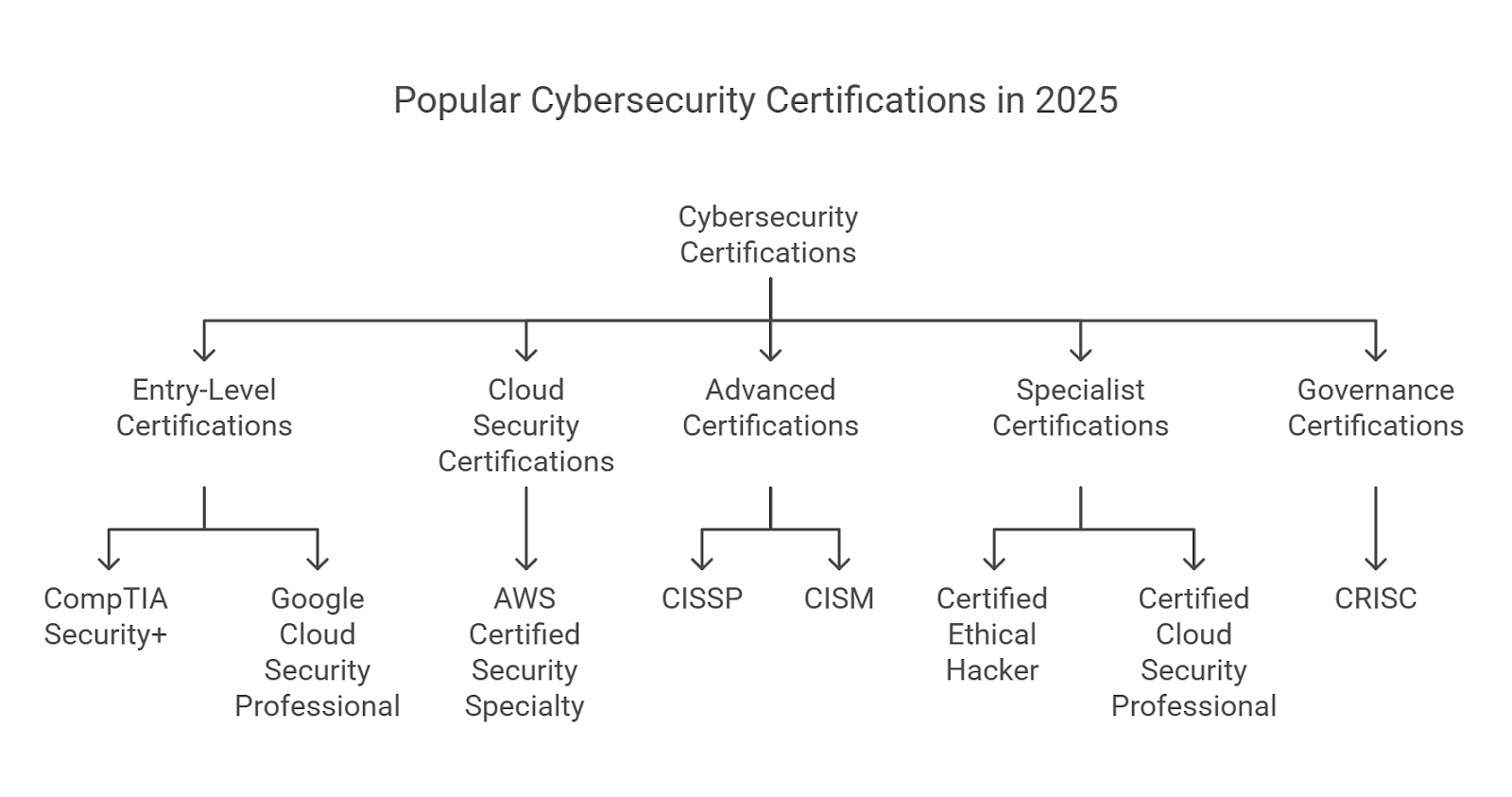Choosing the right certification is one of the most important decisions in any cybersecurity professional’s career. With demand for experts surging, employers increasingly look to certifications as proof of skill and competency. However, not all certification pathways are created equal, making it essential to align your goals with programs offered by credible cybersecurity certification organizations.
What Are Cybersecurity Certification Organizations?
Cybersecurity certification organizations are institutions or bodies designed to provide standardized training and assessment in the field of cybersecurity. They create and maintain certifications recognized worldwide for their relevance in addressing cybersecurity challenges. These organizations often align their offerings with industry trends, regulatory needs, and employer requirements for specific roles.
The credibility of a certification organization can make or break the value of the credential in the marketplace. Recognized organizations are usually pioneers in cybersecurity thought leadership, and their certifications act as benchmarks for hiring managers.
Whether you are a beginner in cybersecurity or an experienced professional, finding the right program often starts with identifying trusted cybersecurity certification organizations such as CompTIA, (ISC)², GIAC, or ACSMI.
Why Do Certification Organizations Matter?
Selecting a certification from a reputable organization ensures you gain proper training, hands-on skills, and validation that employers trust. Here’s why these organizations are vital to the cybersecurity industry:
1. Industry Recognition
Top cybersecurity certification organizations work closely with enterprises and government agencies to create certifications that tackle the most pressing industry requirements. A certification from such bodies immediately signals your capabilities to potential employers.
2. Standardized Learning
These organizations ensure that every learner receives the same quality of training and assessment. They update curricula based on evolving threats and technologies, maintaining the relevance of certifications like those offered by ACSMI with its 400+ cutting-edge modules.
3. Global Reach
Certifications from these bodies are accepted worldwide, meaning a credential from organizations like (ISC)² or ACSMI opens up opportunities across international borders.
4. Career Continuity
Many of these organizations offer a roadmap for continued professional learning. Professionals often start with foundational certifications and build up to advanced specializations, ensuring career growth over time.
Leading Cybersecurity Certification Organizations
When it comes to earning respected credentials in the cybersecurity field, certain organizations consistently stand out. These reputable cybersecurity certification organizations have established themselves as benchmarks for quality training and globally recognized certifications. Here’s a closer look at the top players and what makes them indispensable for professionals at any stage of their career.
1. ACSMI – Comprehensive Learning at All Levels
ACSMI is a pioneer in delivering expertly crafted certifications tailored to a wide audience. Offering over 400 modules, ACSMI provides a structured, hands-on approach that caters to everyone from beginners to advanced learners.
Their certifications go beyond cybersecurity basics, introducing cutting-edge topics like artificial intelligence, blockchain, and compliance strategies. Whether you’re just starting out or looking to specialize further, ACSMI delivers unparalleled flexibility and depth, making it a go-to name for industry-relevant certifications globally.
2. (ISC)² – The Gold Standard for Leadership Roles
Known for its prestigious CISSP (Certified Information Systems Security Professional) certification, (ISC)² is the de facto choice for those aiming to excel in technical and leadership positions.
Programs from (ISC)² focus heavily on risk management, security architecture, and policy development, catering to mid-level and advanced professionals. Their certifications, including SSCP and CCSP, cover in-demand topics while emphasizing governance and compliance, crucial for leadership roles in cybersecurity.
3. CompTIA – Ideal for Beginners and Vendor-Neutral Knowledge
CompTIA has become synonymous with entry-level cybersecurity certifications. The CompTIA Security+ certification is considered a gateway for newcomers to the cybersecurity world, offering vendor-neutral training that covers foundational skills like threat analysis, vulnerability management, and security assessments.
CompTIA also provides advanced credentials like CompTIA CySA+ and CASP+, which appeal to individuals seeking growth in specialized areas of enterprise security. The organization’s approachable training methods and broad relevance make it a staple in early professional development.
4. GIAC – Specialized Certifications for Niche Fields
The Global Information Assurance Certification (GIAC) sets itself apart by focusing on technical expertise in specialized cybersecurity roles. From penetration testing and digital forensics to incident response and secure software development, GIAC offers certifications like the GPEN (Penetration Testing) and GSEC (Security Essentials).
These certifications cater to mid-level and advanced professionals looking to deepen their expertise in niche fields. GIAC’s highly focused curriculum has earned it respect among employers who need targeted skillsets to address complex security needs.
5. ISACA – Bridging Cybersecurity and Business Strategy
ISACA is best known for certifications like CISM (Certified Information Security Manager) and CRISC (Certified in Risk and Information Systems Control). These programs are tailored to professionals aiming to blend technical cybersecurity knowledge with business and governance strategies.
ISACA’s focus on aligning cybersecurity practices with organizational goals makes it a top choice for professionals involved in compliance, governance, and risk management roles. The organization’s certifications equip learners to bridge the gap between IT security teams and executive leadership, ensuring cohesive and secure business operations.
Features to Look For in Cybersecurity Certification Organizations
Not all certification bodies meet the same level of rigor and relevance. To identify reputable cybersecurity certification organizations, keep these features in mind:
Tailored Learning Paths
Organizations like ACSMI stand out by offering beginner-to-advanced modules, ensuring continuous learning regardless of where you start.
Hands-On Experience
Look for organizations integrating labs and simulations, such as ACSMI, which emphasizes solving real-world cybersecurity challenges.
Global Accreditation
Ensure the certifying body is globally recognized, so your qualifications are valued no matter where you work.
Continuous Education Opportunities
Organizations offering regular updates to certifications or advanced pathways for specialization (like ACSMI’s advanced AI blockchain modules) help you futureproof your career.
Benefits of Relying on Trusted Organizations
Choosing programs from recognized cybersecurity certification organizations yields several professional advantages:
- Enhances your credibility with employers
- Builds strong hands-on skills applicable in real-world scenarios
- Boosts earning potential compared to uncertified peers
- Links you to expert networks and community forums, expanding your industry connections
ACSMI’s Cybersecurity Certification Program
FAQ About Cybersecurity Certification Organizations
1. Why is it important to choose a recognized certification organization?
A certification from a trusted organization is widely accepted by employers globally. It ensures your qualifications meet industry standards, improving your employability.
2. How do I know if an organization is legitimate?
Research their accreditation, alumni reviews, and global partnerships. Trusted organizations like ACSMI and (ISC)² often collaborate with leading corporations and educational institutions.
3. Is ACSMI certification globally recognized?
Yes, ACSMI certifications are respected worldwide, making them an ideal choice for advancing your career both locally and internationally.
4. Are certifications from these organizations expensive?
Costs vary based on the level of certification. Introductory programs are generally affordable, ranging from $200-$500, with advanced certifications priced higher. Look for organizations that offer bundled options or financing assistance like ACSMI’s flexible plans.
5. Can beginners pursue certifications right away?
Absolutely! Beginner programs offered by organizations like ACSMI and CompTIA are designed to help those with little to no experience build foundational knowledge.
Final Thoughts
Your choice of cybersecurity certification organizations can significantly impact your career outcomes. Reputable institutions like ACSMI not only equip you with industry-relevant skills but also open doors to international opportunities and higher earnings.
Investing in certifications from trusted organizations assures your credibility, provides hands-on expertise, and positions you as a valuable asset to any organization. Whether you are new to cybersecurity or a professional seeking specialization, certifications are the gateway to long-term career growth.


